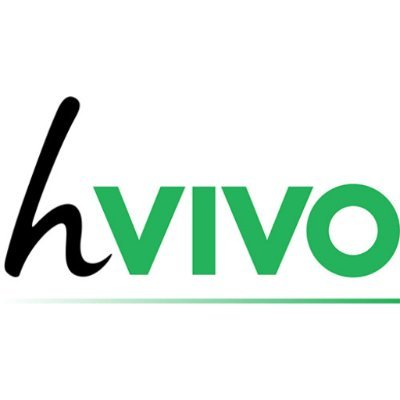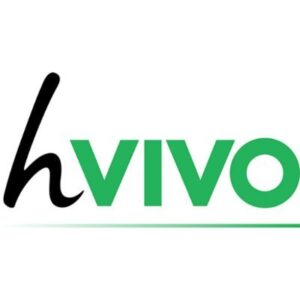Participating in a clinical trial involves several steps before you can officially take part. The process begins with screening, which determines your eligibility for the study. If you pass this stage, you move on to enrolment. It’s crucial to understand the distinction between these two stages in clinical trials, as each serves a different purpose.
When researchers plan a clinical trial, they need approval before recruiting participants. After receiving approval, the recruitment process begins. However, researchers must first screen potential candidates before enrolling them. Screening consists of two phases. Initially, candidates complete a form or participate in an interview, which serves to qualify them based on preliminary criteria. After this, a more thorough screening process is conducted for those shortlisted, ensuring they meet all the necessary requirements to advance to the next stage.
Screening starts when you express interest in a particular study. The first step, known as pre-screening, might involve completing a form on the trial’s website or participating in a phone interview. If you meet the requirements for pre-screening, you’ll proceed to the actual screening stage. At this point, a healthcare provider reviews your medical history and conducts a physical examination. In some cases, laboratory tests might also be required, depending on the trial’s specifics. These steps ensure that only suitable candidates advance to enrolment, minimising risks and improving trial outcomes.
Once you pass the screening stage, you move to enrolment, signifying your eligibility for the study. This process begins with informed consent, where the researchers provide detailed information about the study, including the drugs used and potential side effects. You must review and sign documents, confirming your understanding of the risks involved. Informed consent is a crucial step, as it ensures that you’re fully aware of the nature of the trial before participating.
There are several differences between screening and enrolment. Screening serves to filter potential participants based on the criteria established by the researchers, assessing their health and overall suitability for the study. Enrolment, by contrast, marks the beginning of your active participation in the trial once you’ve passed screening. Timing is another distinction, with screening happening before the study begins, while enrolment occurs after all eligibility checks are complete.
At the screening stage, you’re not yet committed to the trial. You can withdraw at any time, especially if any physical exams or tests raise concerns. However, once you enrol, your involvement becomes more formal, as you’ve begun treatment or are about to receive medication. Documentation and consent also differ between these stages. While you may sign some forms during screening, formal informed consent is only required at the enrolment stage, once you’re ready to participate fully.
Additionally, your interaction with the clinical team evolves. During screening, your contact is limited to a healthcare provider conducting tests or interviews. However, upon enrolment, you’ll regularly communicate with researchers and report any symptoms or side effects throughout the study. This closer involvement with the research team is a key aspect of the enrolment phase.
Both screening and enrolment play vital roles in patient safety and trial success. The screening process ensures that participants meet all eligibility criteria, safeguarding against health risks that could arise during the trial. Enrolment, with its emphasis on informed consent, educates participants about potential risks, further enhancing their safety. Additionally, a successful enrolment phase is critical to the trial’s progress, allowing eligible individuals to begin treatment under the study’s guidelines.
Once screening confirms your eligibility, the decision to enrol is up to you. After providing informed consent, you begin your journey as an active participant in the clinical trial.
hVIVO plc (formerly Open Orphan plc), led by Cathal Friel, is a rapidly growing specialist contract research organisation (CRO) and the world leader in testing infectious and respiratory disease vaccines and antivirals using human challenge clinical trials, providing end-to-end early clinical development services for its broad and long-standing client base of biopharma companies.


